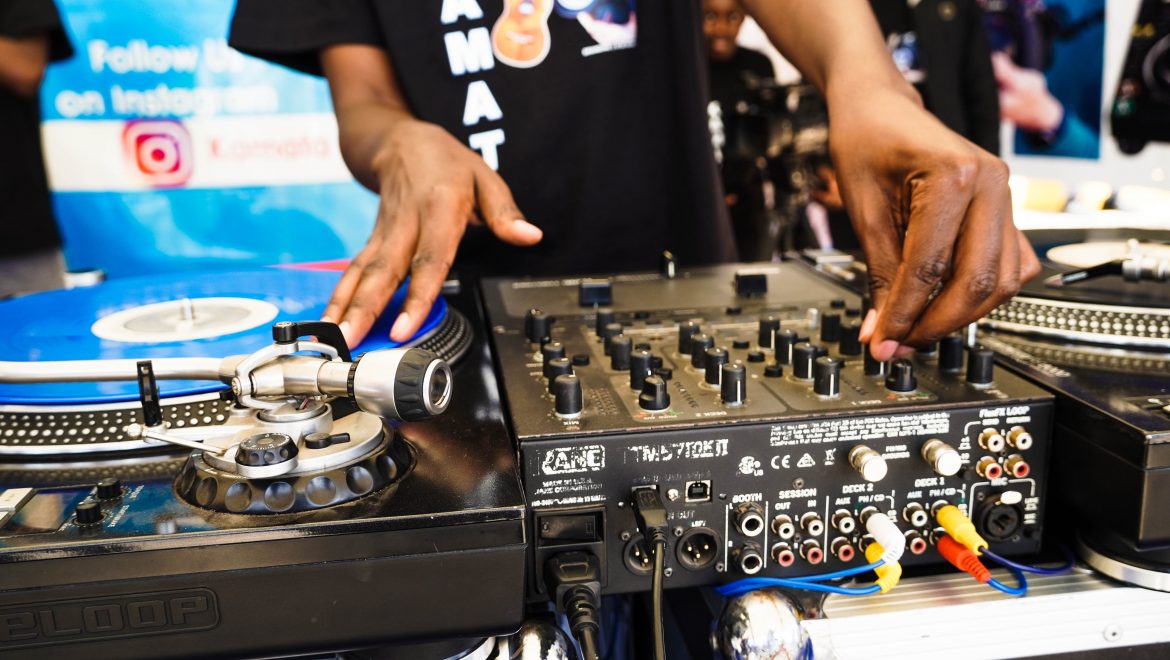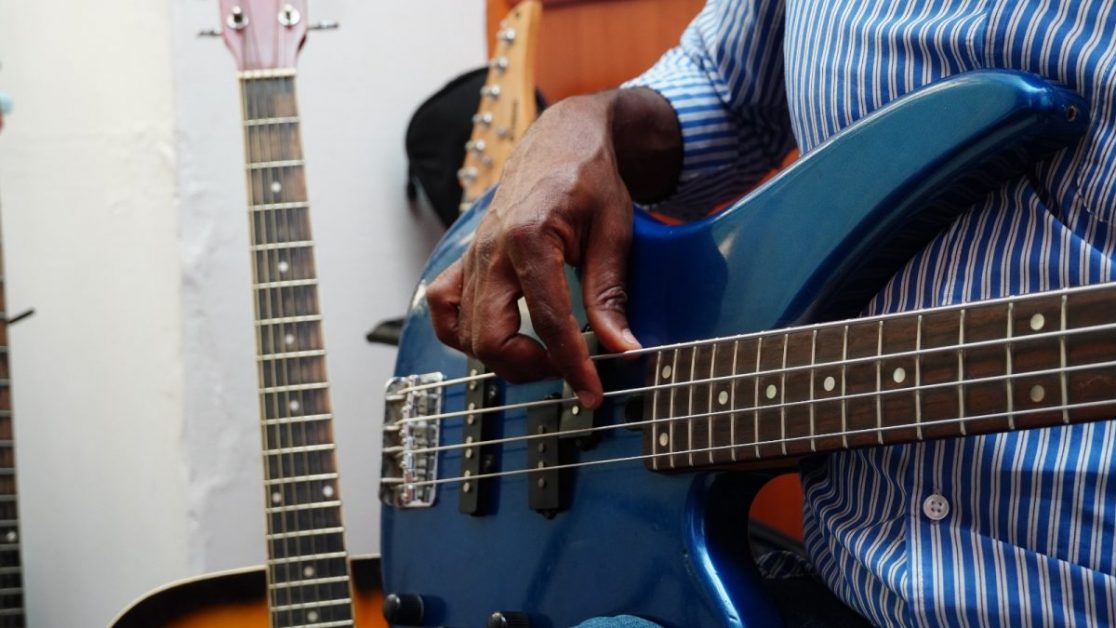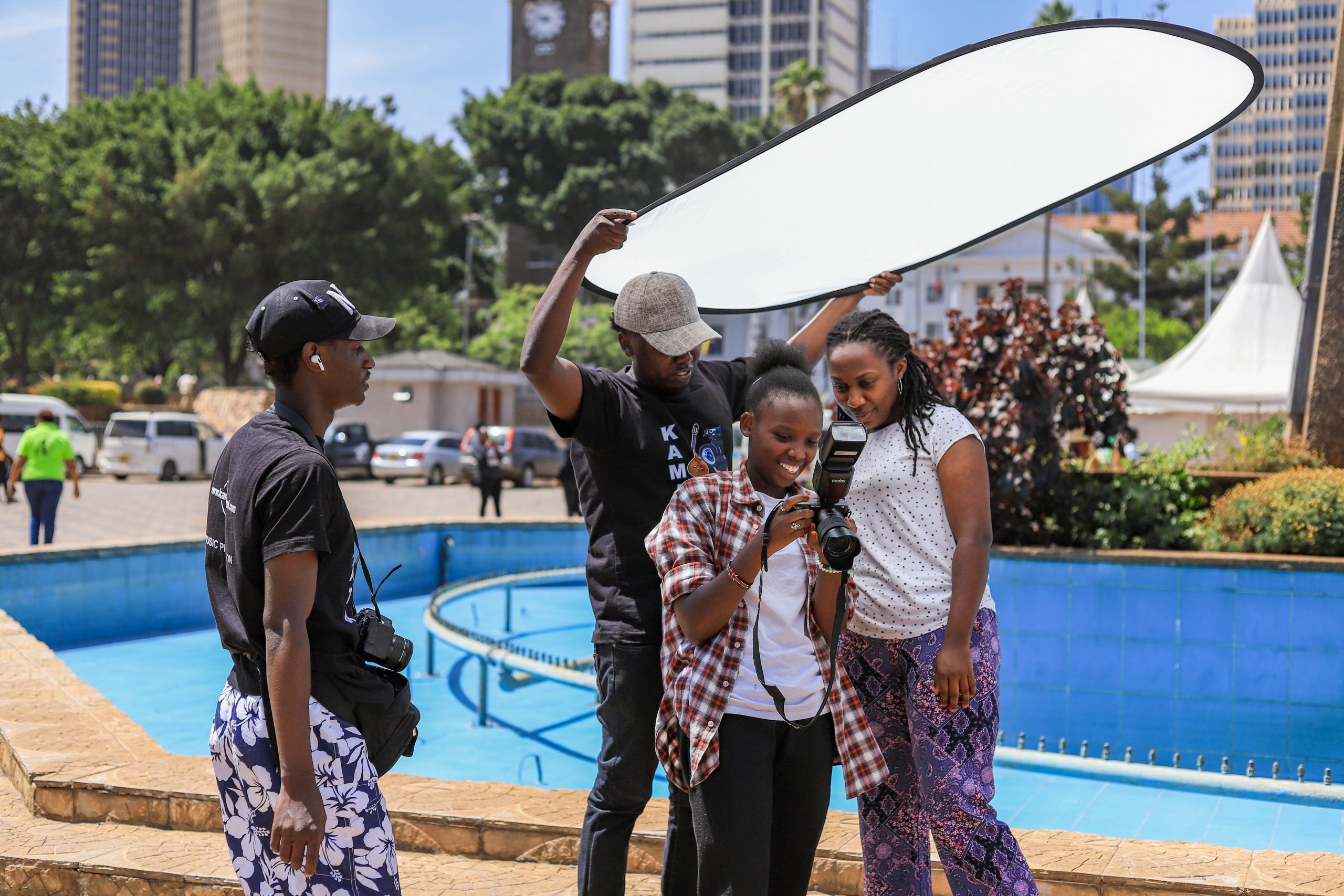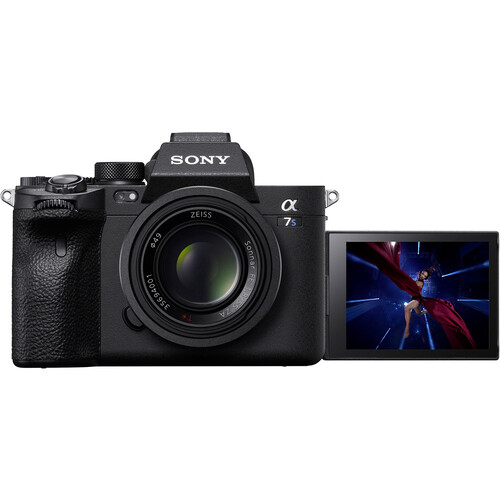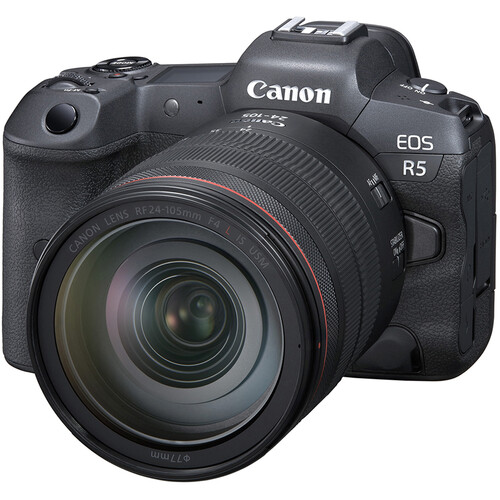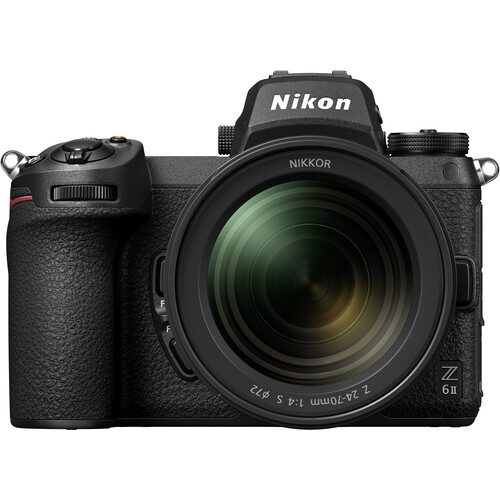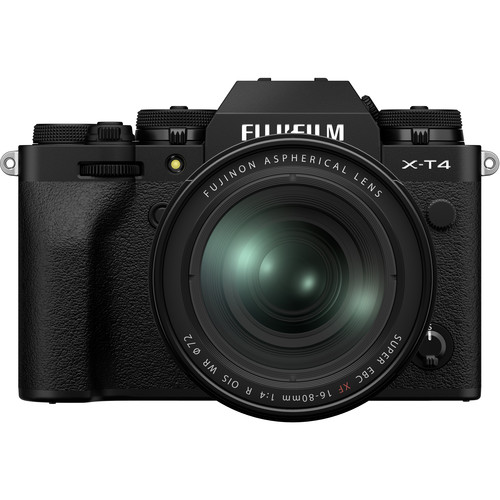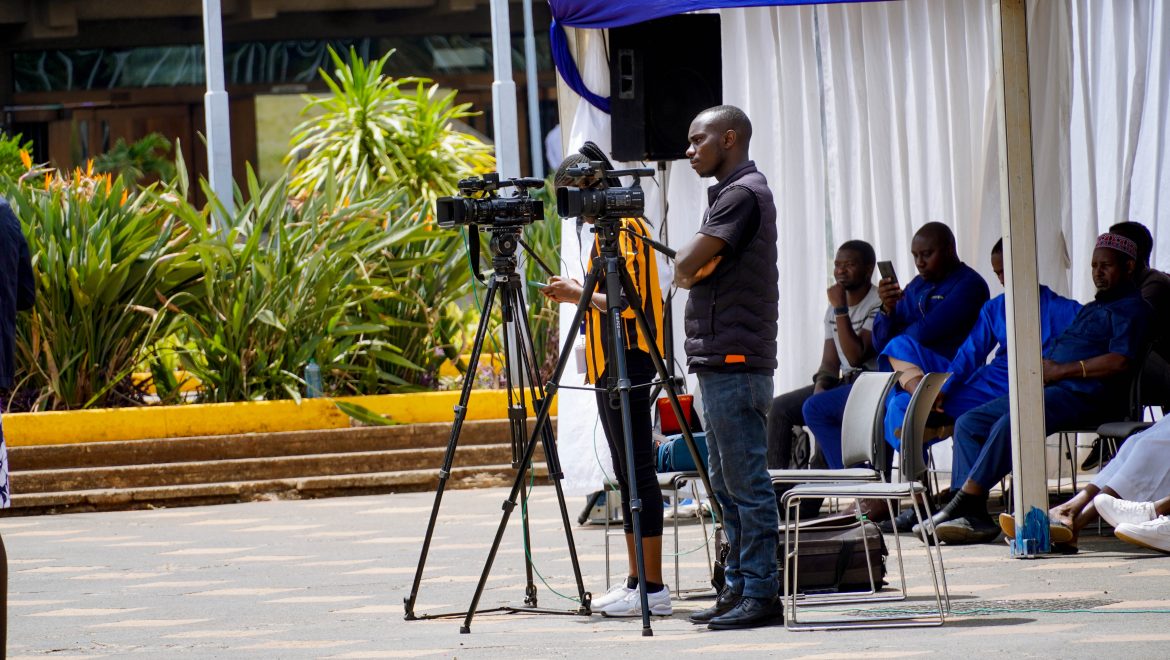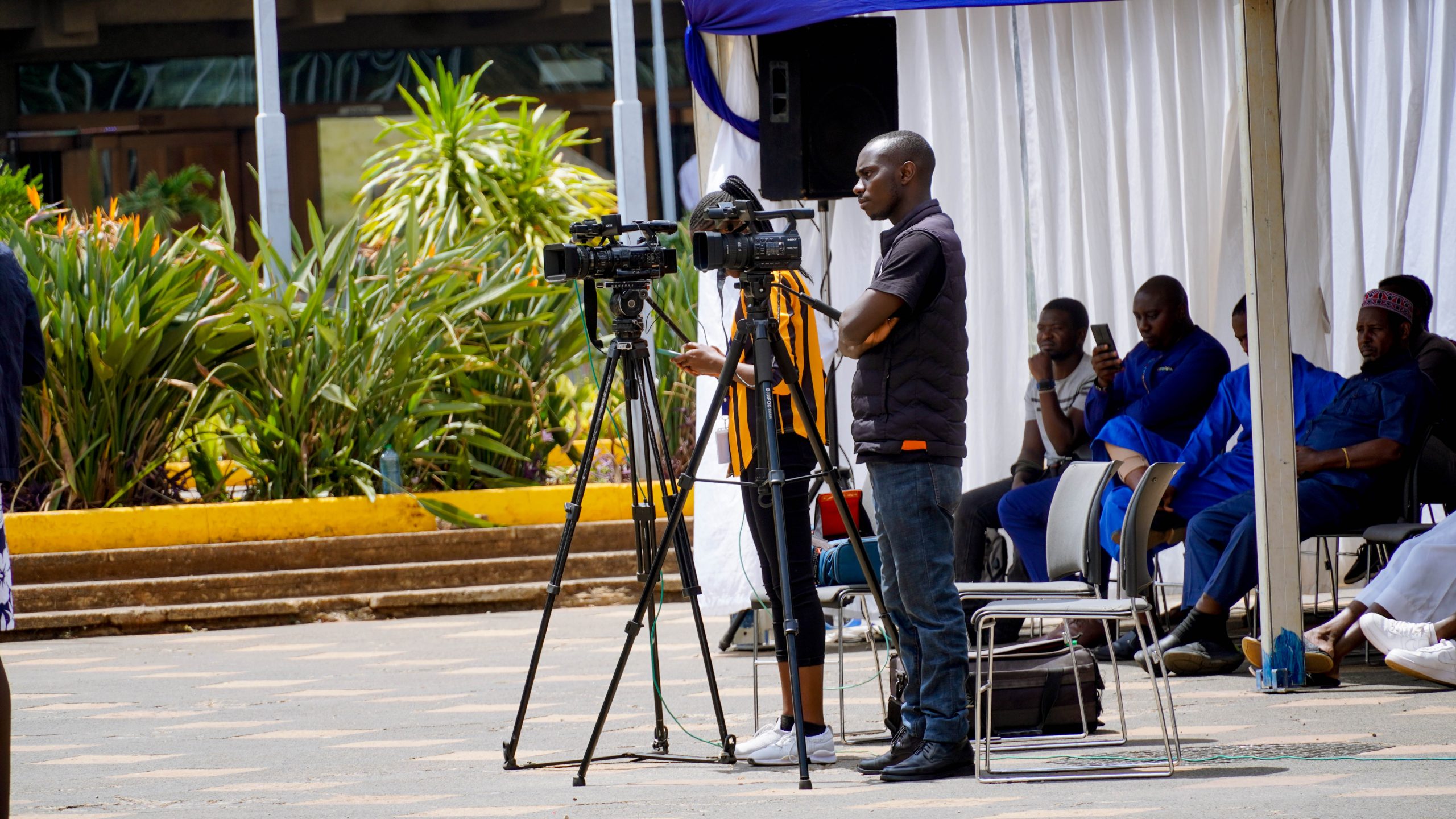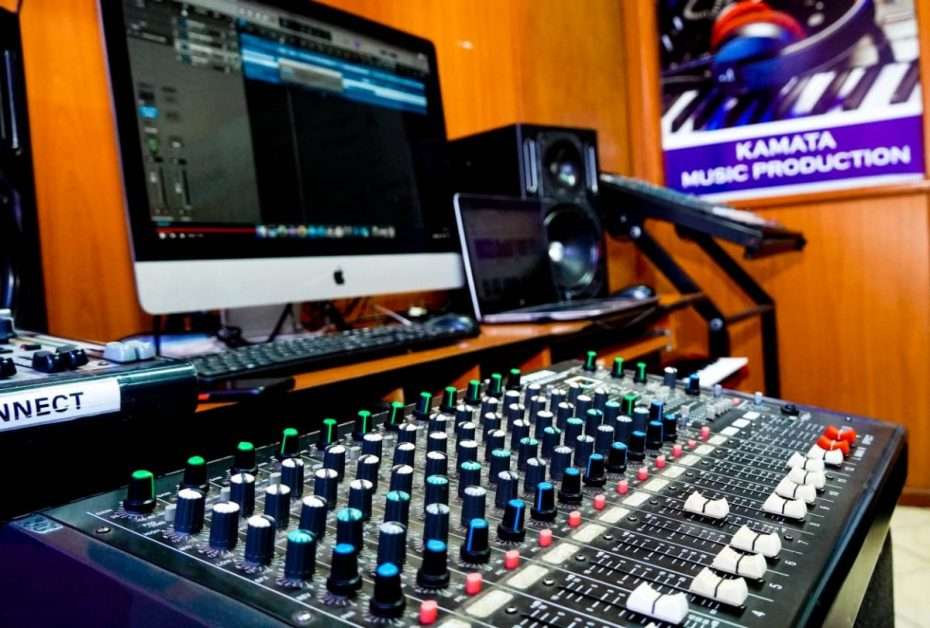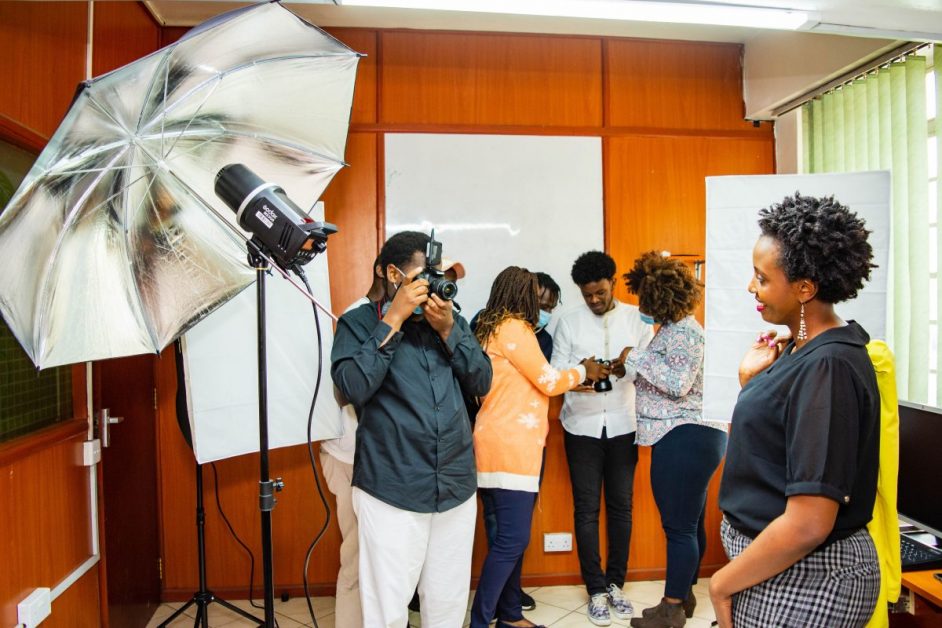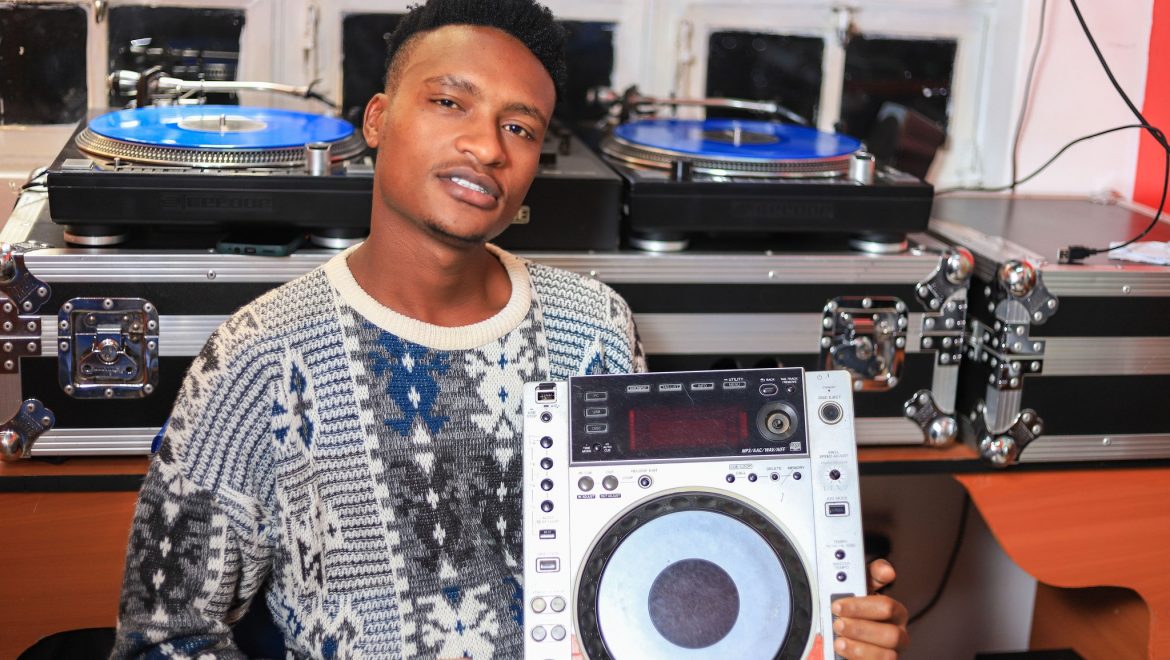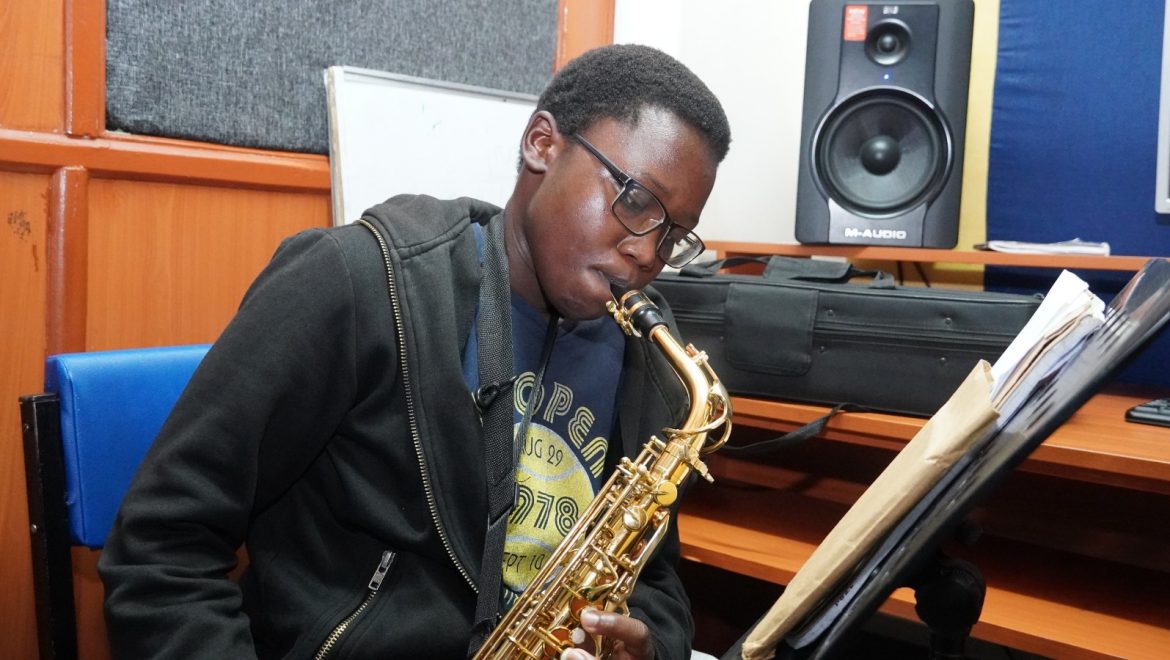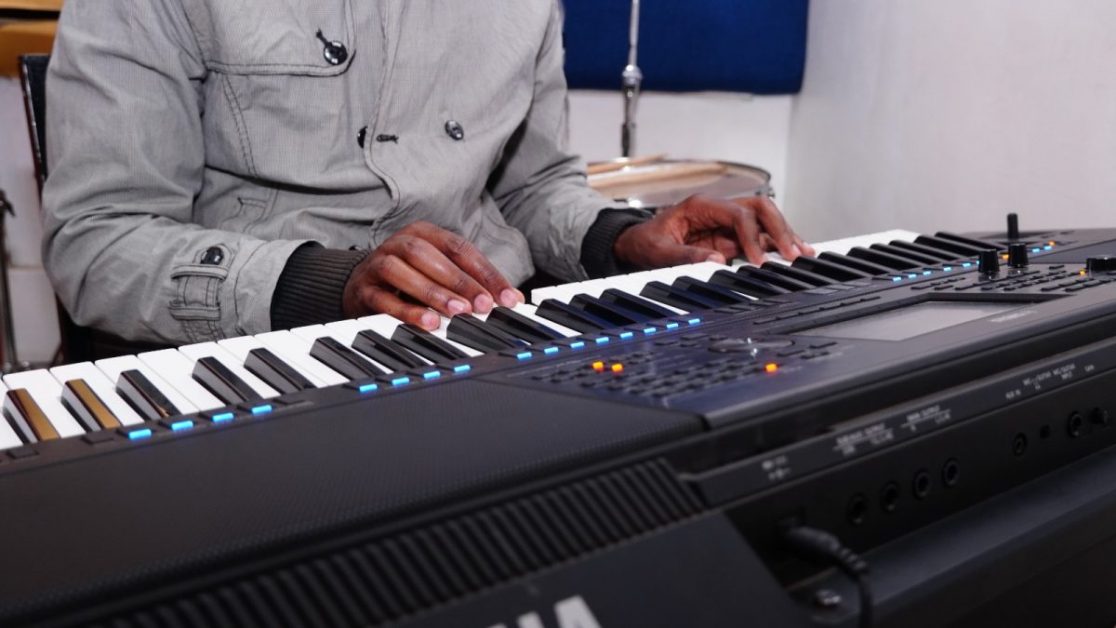The Business of Video Production in Kenya
The Business of Video Production in Kenya
As a videography school, we understand the challenges and opportunities that come with running a video production business in Kenya. While there are many challenges, there are also numerous opportunities for growth and success. In this blog post, we will share our insights on the business of video production in Kenya, including some of the challenges and opportunities that you may encounter.
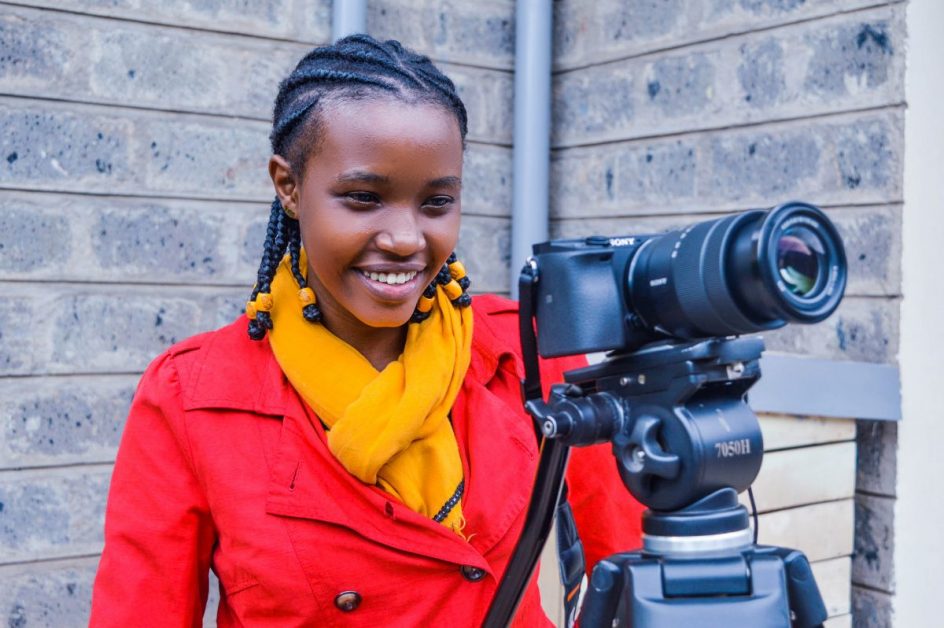
Video Production: An Overview
Video production is the process of creating video content for various purposes, including advertising, entertainment, and education. In Kenya, the demand for video production has been on the rise. Indeed, more businesses and individuals seek to create high-quality video content for their brands.
Opportunities in Video Production
-
Growing demand for video content
With the increasing use of digital technology, there has been a significant rise in demand for video content. Many people prefer to watch videos rather than read text, which has led to the rise of video content in many industries. In Kenya, the demand for video content is on the rise, and this presents an excellent opportunity for videographers to offer their services to businesses and individuals.
-
The rising popularity of online video platforms
Online video platforms such as YouTube, Vimeo, and Instagram have gained tremendous popularity in recent years. In addition, these platforms offer a convenient way for people to consume video content. Also, they are a great platform for videographers to showcase their skills and reach a wider audience. With the increasing popularity of these platforms, there is an opportunity for videographers to create video content that can be uploaded and monetised on these platforms.
-
Interest in local content
Recently, there is a growing interest in local content in Kenya. As a result, opportunities for videographers to showcase their skills in creating content that reflects local culture and values are presented. Additionally, with the increased demand for local content, videographers can tap into this trend by producing videos that are relatable and engaging to the local audience.
-
Increasing number of businesses and individuals using video to promote their brands
Nowadays, businesses and individuals in Kenya are increasingly using video content to promote their brands. Certainly, video marketing is now an essential part of many businesses’ marketing strategies. This presents an excellent opportunity for videographers to offer their services to businesses and individuals looking to create compelling video content to promote their brands.
-
Availability of online platforms for the distribution and monetisation of video content
The availability of online platforms such as YouTube and Vimeo has made it easier for videographers to distribute and monetise their video content. These platforms offer an opportunity for videographers to showcase their skills and reach a wider audience. Additionally, They also offer a convenient way for videographers to monetise their content by earning revenue from advertising or by offering premium content for a fee.
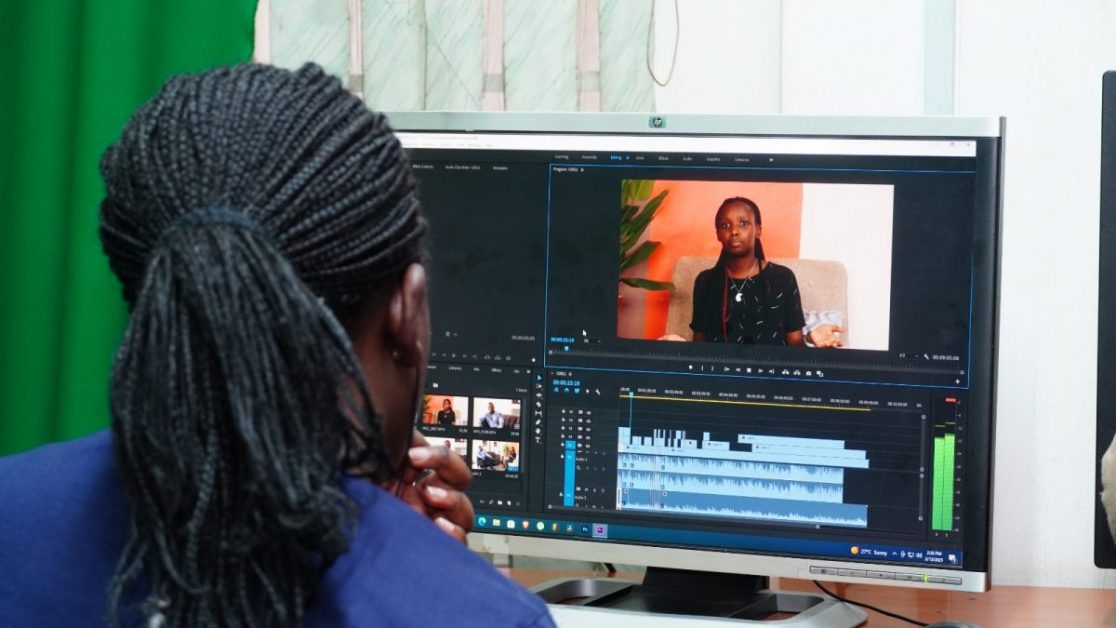
Video editing
Challenges in Video Production
-
Growing demand for video content
While the growing demand for video content presents an opportunity for videographers in Kenya, it also poses several challenges. The increased demand means that there is more competition, and videographers need to produce high-quality content to stand out in the market.
-
The rising popularity of online video platforms
The popularity of online video platforms has also brought about several challenges. With more content being uploaded every day, it can be challenging to get noticed on these platforms. Videographers need to come up with creative ways to promote their videos and attract viewers.
-
Interest in local content
Although the interest in local content presents an opportunity for videographers, it also presents challenges. Unquestionably, videographers need to produce content that resonates with the local audience and reflects their culture and values. As a result, it can be challenging, especially for videographers who are not familiar with the local culture.
-
Increasing number of businesses and individuals using video to promote their brands
The increasing number of businesses and individuals using video to promote their brands also poses several challenges. With more companies using video marketing, it can be challenging for videographers to stand out and attract clients. Therefore, videographers need to produce high-quality videos that meet the needs of their clients.
-
Availability of online platforms for the distribution and monetisation of video content
While the availability of online platforms presents an opportunity for videographers to distribute and monetise their content, it also poses challenges. Consequently, the competition on these platforms can be fierce, and videographers need to produce high-quality content to attract viewers and earn revenue.
Tips for Success
- Focus on creating high-quality, unique and original content
- Invest in the right equipment and resources
- Build a strong network of industry contacts and collaborators
- Leverage social media platforms for self-promotion and networking
- Stay up-to-date with the latest trends and technologies in the industry
- Embrace challenges as opportunities for growth and learning
In conclusion, the business of video production in Kenya is a challenging but rewarding industry. With the right skills, equipment, and mindset, you can succeed in this business. Create high-quality video content that meets the needs of your clients. By focusing on the opportunities and overcoming the challenges, you can build a successful video production business in Kenya.


